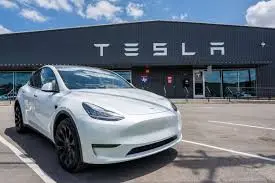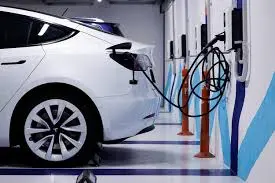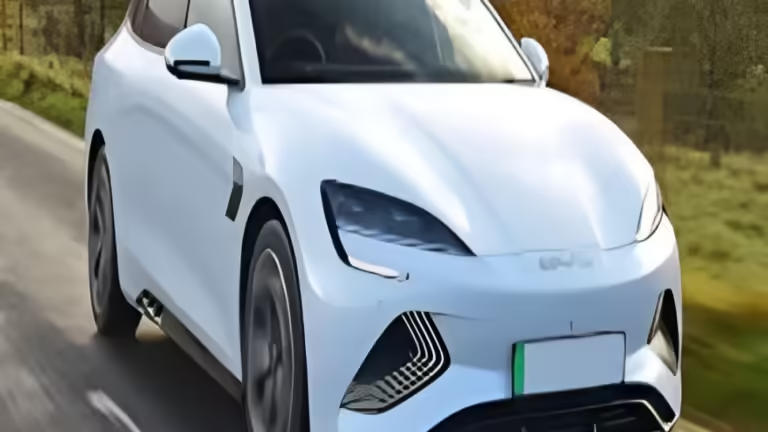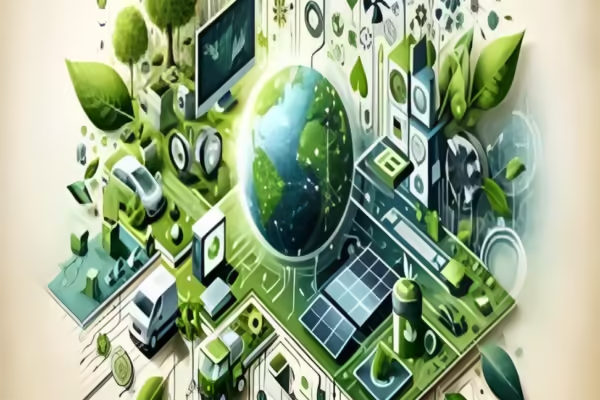With the world staying green-minded, as it has been doing for many years now, interest in them has grown. Interest in them is especially needed at this time, as the world is becoming more environmentally conscious, and governments are putting tighter and tighter rules into effect concerning pollution.
How is this current industry going to play out in the years to come?
This blog shall now discuss the reasons electric vehicles have garnered increased interest in recent times by starting with the advanced technology for the development of batteries that makes EVs more efficient. Furthermore, there are increasingly more centers at which these vehicles can be charged; therefore, it will gain popularity for people to have EVs and drive around. The exciting part is that not only the EVs are getting more pocket-friendly, but they are also becoming practical and eco-friendly—good news for everyone.
Electric Vehicles:
These highly innovative and eco-friendly vehicles have airlifted like wildfire amongst people. They get fitted or installed with electric motors, due to which a gasoline or a diesel-run engine is not used in the vehicle. They run because of pure electricity, and, often, this electricity gets stored in batteries.

From their early inventions, EVs have come a long way with heavy investments in research and development by many car companies. With heavy investments in research and development by too many car companies, EVs are within most people’s reach in present times. They are also far more affordable and accessible to people at large. Many governments around the globe are also offering their incentives and subsidies to popularize these.
No more anxiety about running out of juice on the highway. The growth-up of the public charging infrastructure makes juice-up easy and convenient for every EV owner. Equally, nowadays, the distances that the car could go before requiring to be recharged have dramatically improved, hence easing “range anxiety”—fear of running out of juice before you reach your destination.
Resultantly, electric vehicles are within reach and an aspirational alternative to internal combustion engine vehicles for many car buyers. Other than reducing our carbon footprints, they represent a quiet, smoother drive with instant torque and less maintenance compared to the gasoline-powered counterpart.
State of Electric Vehicles:
Electric vehicles have definitely had their journey from humble beginnings in the 1800s. Today, they’re one of the major environmentally conscious trends in citizenship and sustainable living. That figure shot up to five million in 2019 from just a few hundred in 2005—basically because more and more people wanted to get around with eco-friendly transport while governments chased reduced pollution.

Currently, China, Europe, and the US are the biggest electric vehicle markets. China is the largest; it sells more than two million cars in only one year: 2019. Europe is quickly catching up, driven by Norway alone, whose people are going for clean energy cars instead of ones that run based on fossil fuel. In addition, this is being encouraged by governments through tax breaks and cost subsidies. Technology is also enhancing the speed of electric cars.
The problems still remain, however. Electric cars may be very expensive; moreover, it is not always easy to find a place where one could charge it. Despite all the odds, interest in electric cars has grown through the desire to help the planet and reduce pollution. If we are going to want green travel in the near future, it’s pretty clear that electric cars are going to play a vital role.
Charging Infrastructure and Range Anxiety:
EVs have seen strong growth over the last few years, and one of the main problems associated with them today is range anxiety. Their support structure, or the charging infrastructure, has improved a lot, and one interesting upgrade in this respect is fast-charging stations. They are superfast boosters of the batteries, and they could put you at 80% charge in just half an hour.

You know what?
The technology for wireless recharging is also being developed for convenience.
Technologies such as grid integration from your vehicle will enable electric vehicle owners to sell excess energy back into the grid. All these cool changes make people less concerned about the battery of their electric car. Fast-charging spots just pop up everywhere in cities and along highways, so it’s quite easy to make long journeys. Electric cars are getting more desirable and common than ever before!
Pros and Cons of Electric Vehicles:
While electric vehicles have most of the sunny sides, they are not completely flawless. The major advantage connected with an electric car is that they do not harm the environment and cause not much pollution compared to petrol-based ones. Added to it, they have an edge in running costs as electricity will be decidedly cheaper as compared to petrol. Of course, there are some not-so-good things too that one considers while arguing in the favor of electrical vehicles.

Most electric cars, overall, have less driving distance per charge than gasoline counterparts, and they require more hours to be charged compared to filling a gas tank. They are more expensive at the point of purchase compared with regular cars. Sometimes your money is returned by the government, which pays for it.
Even with these downsides, all the good things about electric cars take precedence over the negative aspects. They help the environment and, in the long run, save you money on gas. Electric cars are getting better choices for everyday driving because of their better technology and places charging them popping up progressively. With new and better batteries and more car production, the advantages will probably grow as we head into the future of transport.
Conclusion:
Electric vehicles are an extremely important step toward a far more sustainable future. With improved technology and charging infrastructure, along with increasing government support, the early flaws of an EV, such as high cost and range anxiety, are slowly being eliminated. They offer enormous environmental advantages, lesser operational expenditures, and increased everyday feasibility. EV has increasingly risen to the challenge alongside society in taking better care of the environment, obviously playing a leading role in this green revolution for purer and more efficient transport.






Great ingenuity!